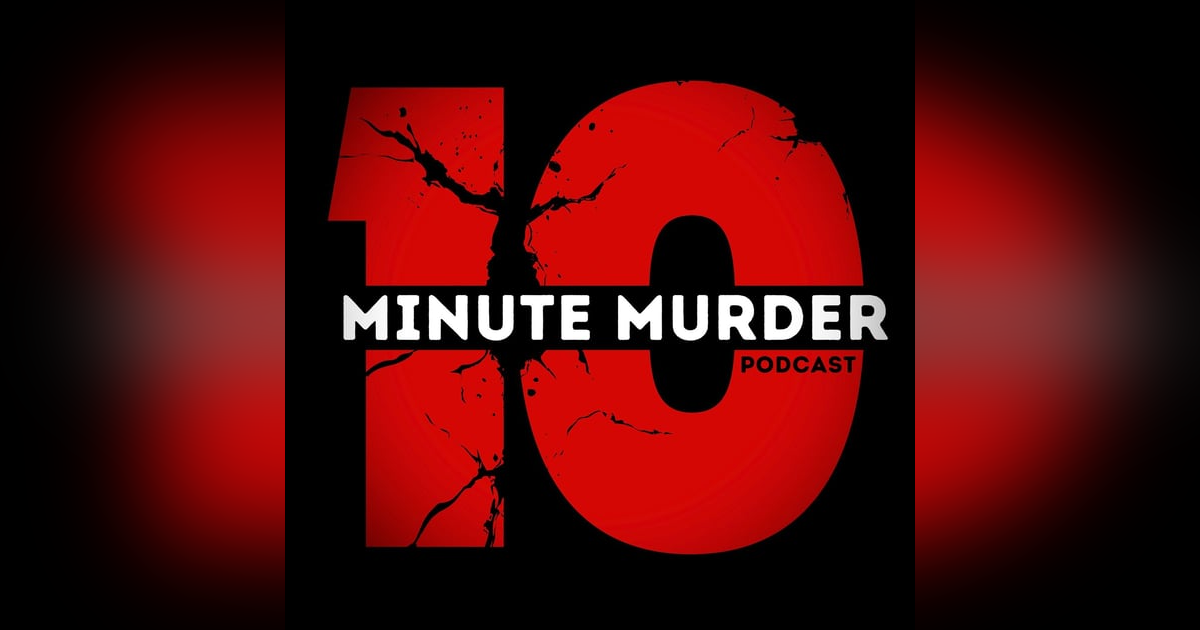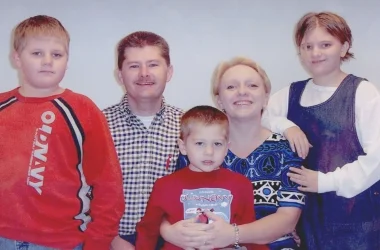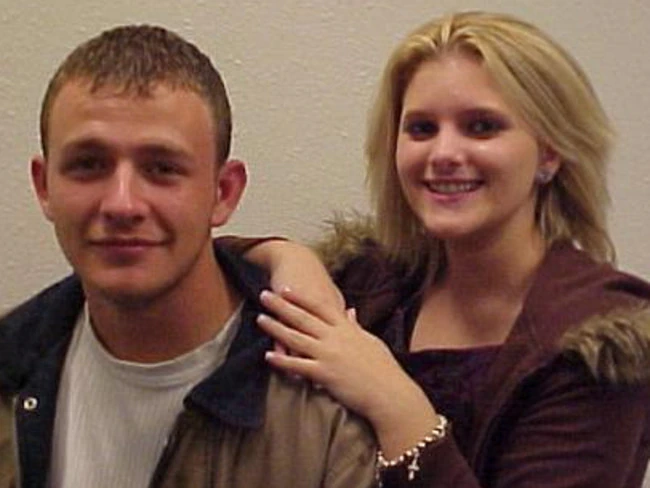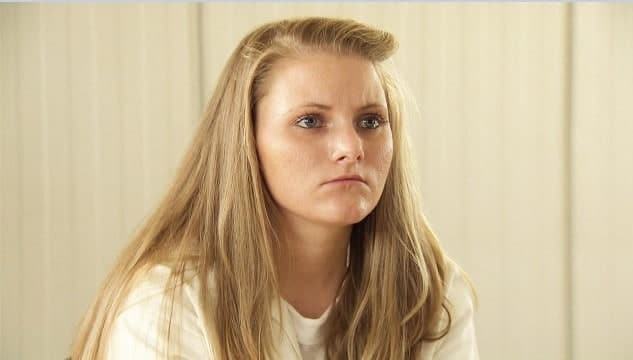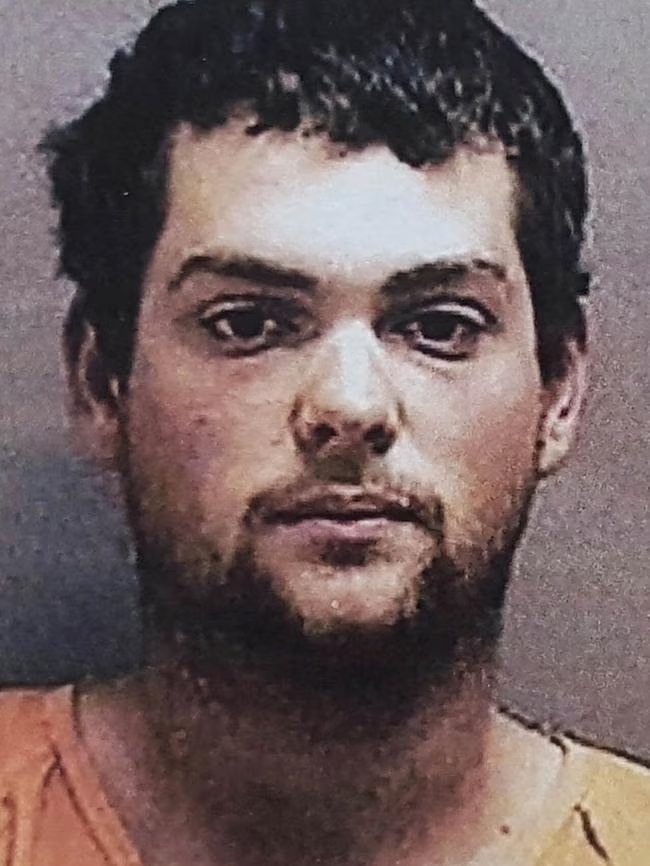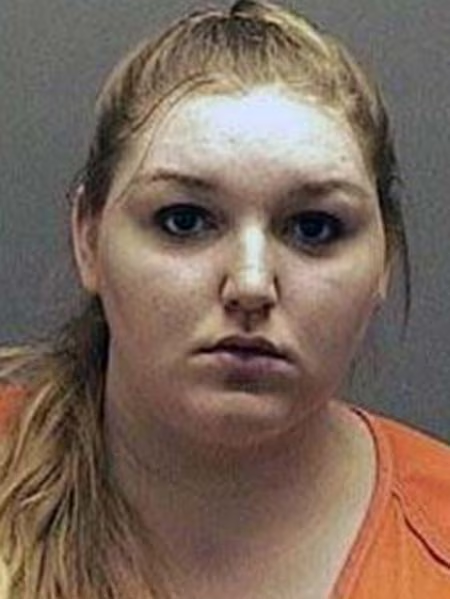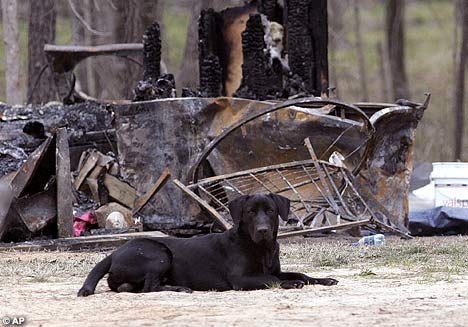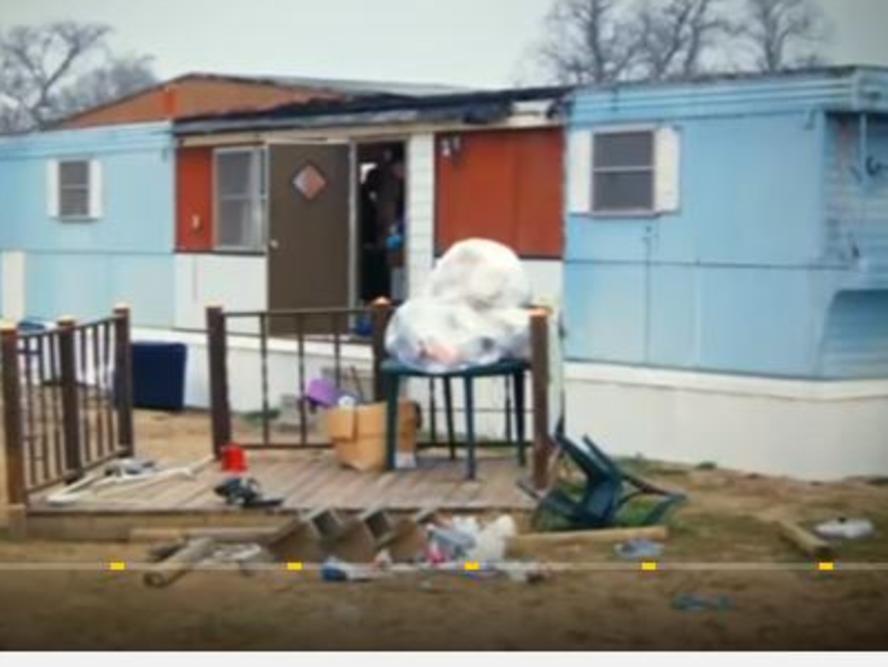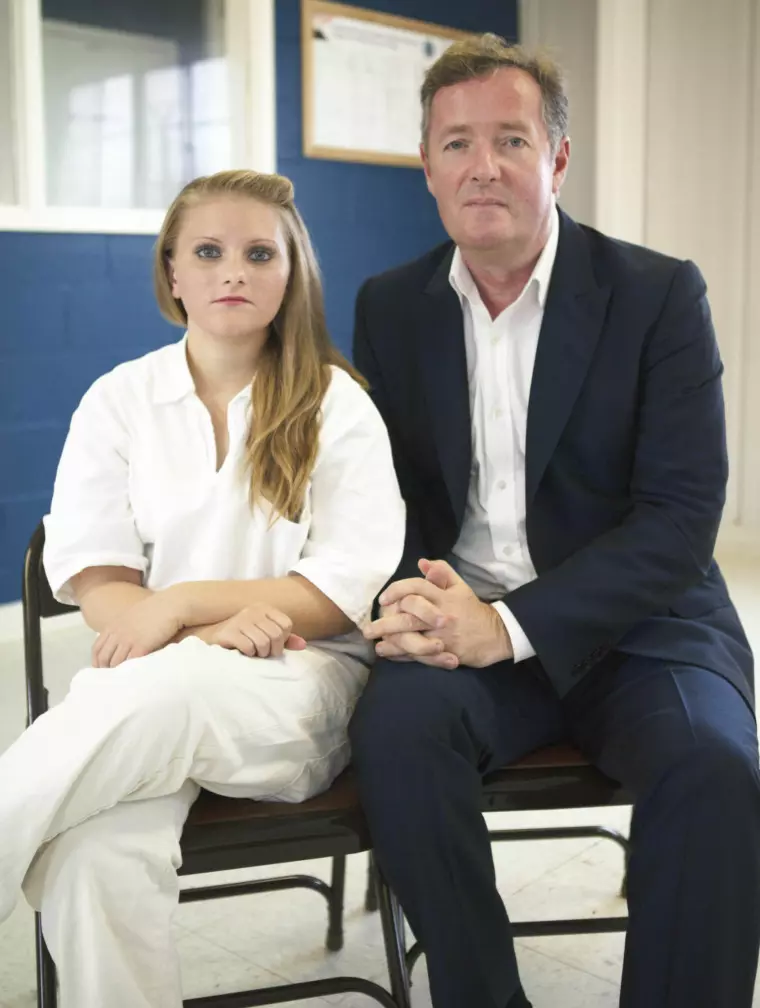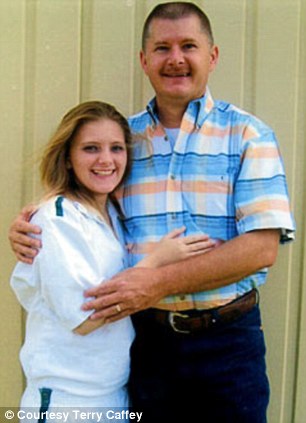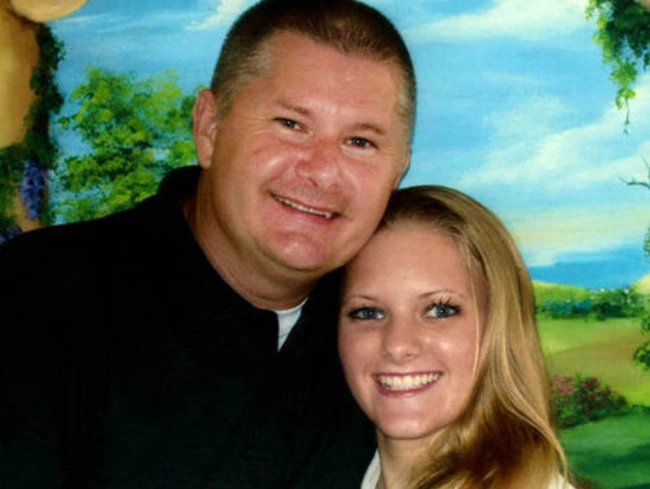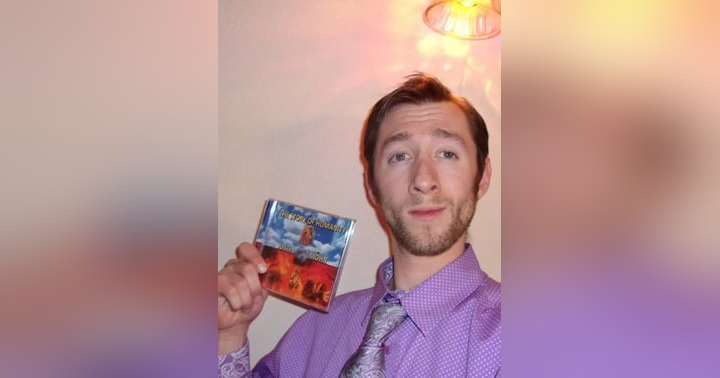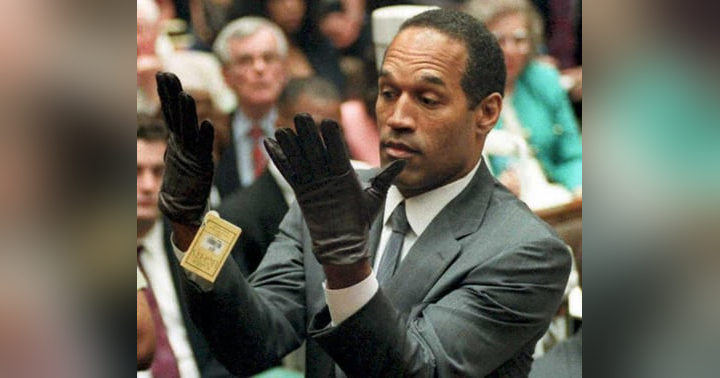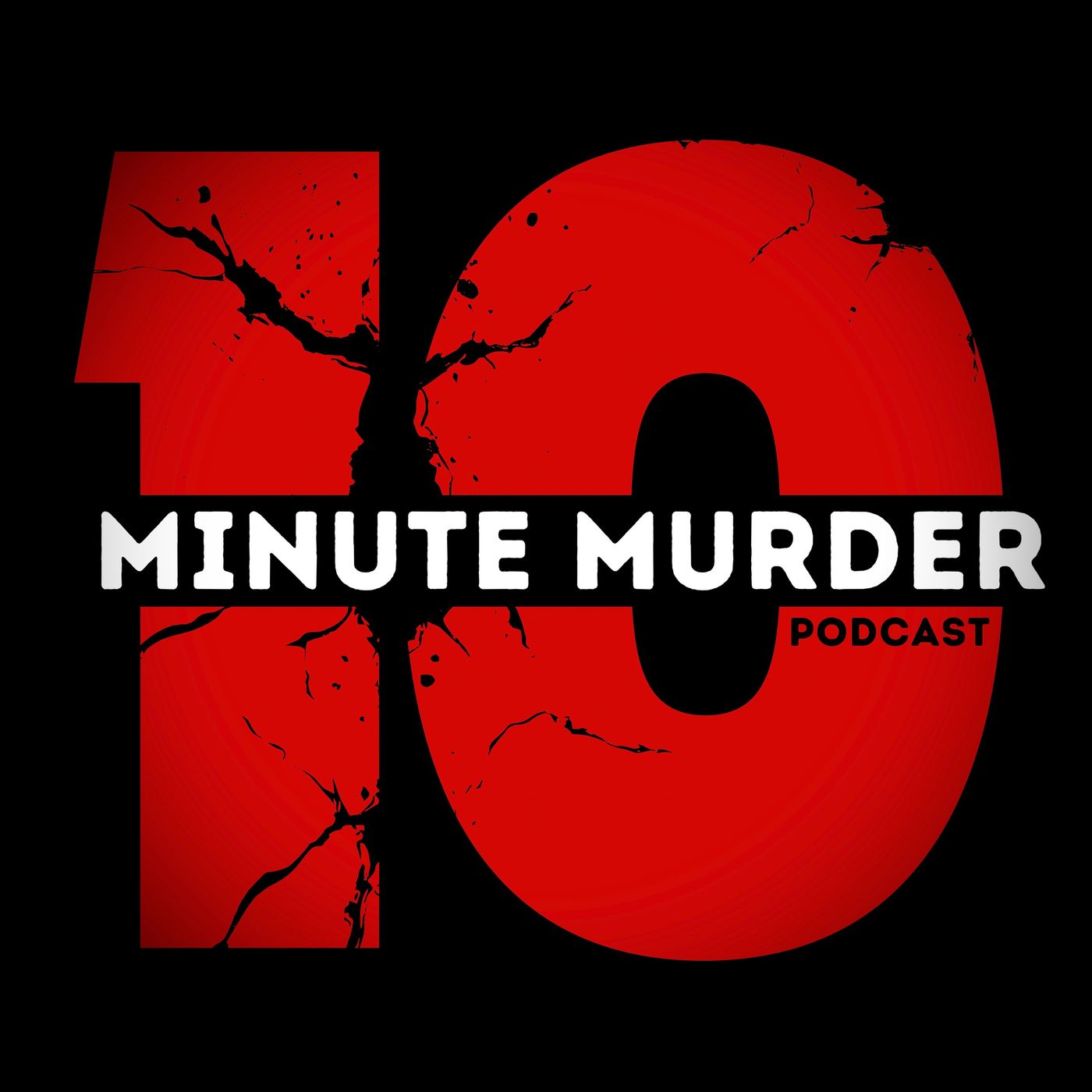Betrayed By Blood: The Daughter Who Orchestrated Her Family's Slaughter
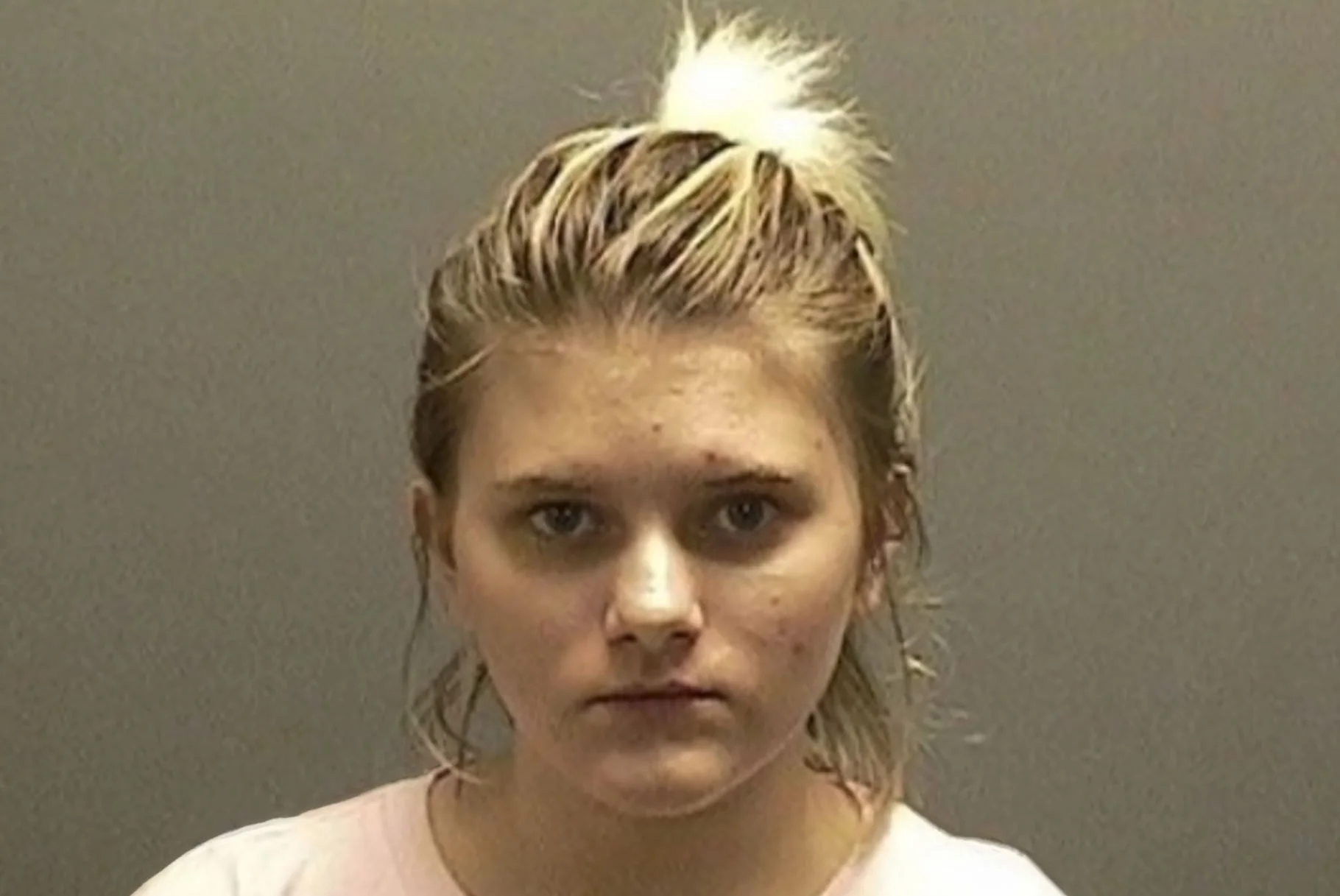
What would you do if the person you loved most in the world was the one who planned your murder? Terry Caffey survived five gunshots, a burning house, and the loss of his entire family. But nothing prepared him for what came next: learning his own daughter might have orchestrated it all.
The Caffey Family Murders: When Love Means Murder
The Night the Bedroom Door Exploded Open
Terry Caffey woke up to the bedroom door being slamming open violently. Before he could process what was happening, gunfire erupted. The loudest sound he'd ever heard. His wife Penny was shot first, right there in bed next to him. Then came the stabbing. A samurai sword. Over and over. Penny's injuries were so catastrophic she was nearly decapitated.
Terry was shot five times. From down the hall, he heard his 13-year-old son Mathew screaming words that would haunt him forever: "Charlie! Charlie, why are you doing this? No, Charlie! No, please! Why are you doing this?"
Mathew recognized his killer.
Eight-year-old Tyler was stabbed multiple times. The attackers left Terry for dead and set the house on fire.
This was March 1, 2008, in Alba, Texas, population under 500. A place where everyone knows everyone. And Terry Caffey knew exactly who Charlie was.
The Youth Pastor's Family
Terry was 41, a youth pastor at Miracle Faith Baptist Church. His wife Penny played piano there and sang in a local gospel group. They lived in a two-story wooden cabin on twenty acres outside the neighboring town of Emory. Deep faith defined everything about their family. They'd homeschooled their three kids for years using a Bible-based curriculum. Mathew was studious, faithful. Tyler loved being outdoors. And Erin, their 16-year-old daughter, had been homeschooled partly because of an attention deficit disorder diagnosis.
The Caffeys had built a protective bubble around their children. Strict boundaries, especially around dating and outside influences. They genuinely believed they were keeping their kids safe, giving them strong moral guidance.
They had no idea that structure was about to detonate.
The MySpace Page That Changed Everything
Erin started dating an 18-year-old named Charlie James Wilkinson. For a while, her parents didn't see any red flags. Then Penny discovered Charlie's MySpace page. What she found there violated everything they were trying to teach their daughter. References to sex, profanity, the kind of content that made it clear this relationship wasn't going anywhere good.
Terry and Penny sat Erin down. The relationship was over. No more Charlie.
Most teenagers would have cried, slammed doors, maybe snuck around behind their parents' backs.
Erin Caffey decided her parents needed to die.
Charlie Wilkinson and Erin
This Wasn't Her First Time
When investigators started digging into Erin's history, they uncovered something that changed the entire narrative. Erin had dated someone before Charlie. When her parents disapproved of that relationship, she'd asked that boyfriend to kill her family.
He said no. He broke up with her.
This means the Caffey family murders weren't about Charlie Wilkinson specifically. They weren't about young love gone wrong or a teenage girl manipulated by an older boyfriend. Erin's solution to parental boundaries was murder. That was her pattern. That was her answer.
She just needed to find someone who would say yes.
Recruiting a Kill Team
Erin and Charlie spent about a month planning. They brought in two more people: 20-year-old Charles Allen Waid and his 18-year-old girlfriend Bobbi Gale Johnson. The plan was simple. Charlie and Waid would go inside and handle the violence. Erin and Bobbi would wait down the road in the getaway car.
During his police interrogation, Charlie said something that perfectly captures how warped this whole thing became. "I intended to kill them because I thought I was in love. The only way we could be together is to kill the parents."
He genuinely believed this. Erin had convinced him. Convinced all of them.
At 3:00 in the morning on March 1st, they made their move.
Charles Waid
Bobbi Johnson
A Samurai Sword and a Child's Final Words
The violence that night went beyond execution. Shooting someone is one thing. But the way they killed Penny Caffey tells you something about the rage behind this. After shooting her, they stabbed her repeatedly with a samurai sword. The brutality was personal. Excessive. This wasn't just about removing an obstacle. This was about punishment.
Mathew's final moments are almost unbearable to think about. He was 13 years old, shot in the head, and in his last breaths he's crying out to someone he knew. Someone he probably trusted. "Charlie, why are you doing this?"
There was no answer. Just more violence.
After killing Penny, Mathew, and Tyler, after shooting Terry multiple times and leaving him in a pool of blood, Charlie and Waid lit the house on fire.
They thought everyone was dead.
They were wrong.
Caffey family dog standing guard over what remains of the house
Four Football Fields on Gunshot Wounds
Terry Caffey should not have survived. But he had one thought burning brighter than the flames around him: he needed to live long enough to identify who did this. He'd seen Charlie Wilkinson shoot him and Penny in their bed. He knew.
So he started crawling. Out of the burning house, through the yard, across the property toward his neighbors Tommy and Helen's place. The distance was roughly four football fields. Shot five times. Bleeding. In shock. It took him over an hour.
He said there was a point where he physically couldn't go any further, where he just wanted to die. But he kept his eyes on the light in his neighbors' window. That light became everything. When he finally collapsed on their porch, they called 911.
Because Terry survived and could name Charlie, police arrested all four suspects within 24 hours. They found them together in a mobile home owned by Waid.
The Moment Everything Broke Again
Terry was in the hospital when a Rains County Sheriff walked into his room. The sheriff told him Erin was alive and safe.
Relief. Finally, relief.
Then the sheriff kept talking.
Erin was in custody. She'd been involved. She'd planned it.
Terry said there was no way. Absolutely no way his daughter had anything to do with this. The entire community felt the same way. But the evidence kept piling up. Charlie and Waid both told investigators Erin was the mastermind. She was the one who wanted her parents dead. The prosecutor, Lisa Tanner, called Erin "a murderer, pure and simple." Detective Almon used a different word: evil.
When Terry heard that, he struggled. His daughter, evil? That didn't match the girl he thought he knew. But then they told him about the ex-boyfriend. About how this was the second time Erin had tried to orchestrate her family's murder.
The evidence was overwhelming.
The Manipulator or The Manipulated
In the years since her conviction, Erin Caffey has told a different story. In interviews from prison, including one with Dr. Phil when she was 21, she's consistently maintained she was the victim. That she was manipulated by older people. That it was "puppy love gone wrong."
But the facts don't support that narrative. She'd tried this before with a different boyfriend. This was premeditated, planned over the course of a month. This wasn't impulsive teenage emotion. This was calculated.
Experts say Erin's insistence on being manipulated is strategic. She's building a narrative for parole, trying to reframe herself as a naive kid led astray rather than the architect of her family's murder.
The prosecution and law enforcement were clear: Erin was the manipulator. But Terry, in his grief and his faith, wanted to believe there was some explanation, some way his little girl wasn't responsible for this horror.
That tension, between what the evidence showed and what a father's heart wanted to believe, became part of the story.
When the Survivor Begs for Mercy
All four were charged with three counts of capital murder. Prosecutors said they wouldn't seek the death penalty for Erin because she was only 16, but they planned to pursue it for Charlie Wilkinson and Charles Waid.
Then Terry did something that stunned everyone.
He protested. He wrote letters. He visited the attorney general's office. He argued that executing them wouldn't bring his family back. He said Jesus would have spared their lives. He wanted them to wake up every day and think about what they'd taken, to maybe, eventually, find remorse.
The man who crawled through fire to identify his family's killers was now fighting to save their lives.
All four took plea deals. Charlie Wilkinson and Charles Waid both got life without parole. Bobbi Johnson, who stayed in the car and didn't use a weapon, got 40 years. Erin got two life sentences plus 25 years.
But there's a critical legal difference. Because Erin was 16 when the murders happened, Texas law guarantees her the possibility of parole. Her first eligibility date is March 1, 2038, when she'll be 59 years old.
The men who physically stabbed and shot her family will die in prison. Erin won't.
A Burned Page Clinging to a Tree
After the trials, Terry fell apart. Deep depression. Consuming grief. He was filled with hatred, bitterness, rage. He thought about suicide. He fantasized about finding the killers and strangling them with his bare hands.
But his faith wouldn't let him stay there. He realized that letting the anger destroy him meant they'd won twice. It would dishonor Penny, Mathew, and Tyler's memory.
One day, Terry went back to the burned property alone. He stood in the ashes of his former life and stretched his arms toward the sky. He demanded God tell him why. Why did he survive? Why did his family die?
That's when he saw it.
A scorched piece of paper, clinging to a tree trunk. It was a page from one of Penny's books. The words said: "You're sovereign; You're in control."
Terry took that as his answer. A direct message. It gave him a framework to process everything, to channel his rage into something else. Forgiveness didn't come immediately. It took months of continuous prayer. And he said forgiving Erin was actually easier than forgiving Charlie and Waid.
But he did it. He forgave all of them.
Every Month, He Shows Up
Terry physically recovered from his gunshot wounds. He remarried a woman named Karen. They have one biological child and adopted three sons. He's built a new life, a new family.
He travels full time now, sharing his story at schools and churches. Over 600 public schools. Over 800 churches. He's turned his worst nightmare into a ministry, into a source of hope for people dealing with their own trauma.
And every single month, Terry drives to the Hobby Unit of the Texas Department of Criminal Justice and visits Erin.
Every month.
His daughter orchestrated the murder of his wife and sons, and he shows up for her anyway.
The Future Is Still Being Written
Seventeen years later, this case still sparks debate. Erin Caffey, now 34, maintains she was manipulated. The evidence says otherwise. Bobbi Johnson will be eligible for parole around 2028, which means Terry will have to engage with the parole board, provide victim impact statements, relive everything again.
In 2038, Erin will have her first parole hearing.
Terry will be there.
The Caffey family murders reshaped Alba and Emory, Texas. It's a case study in how teenage rebellion and calculation can turn into familicide. But it's also about what happens after. About the choice one man made to not let the worst moment of his life consume every moment that followed.
Terry Caffey lost his wife, his sons, and in many ways, his daughter that night. But through faith, through forgiveness, through sheer determination, he built something new. Not the life he wanted. But a life with meaning, with purpose, with hope.
And maybe that's the real story. Not the betrayal, not the violence, but what Terry chose to do with his survival. How he turned ashes into something that could help other people heal.
That's the power of forgiveness. Not that it erases what happened. But that it refuses to let what happened have the final word.
